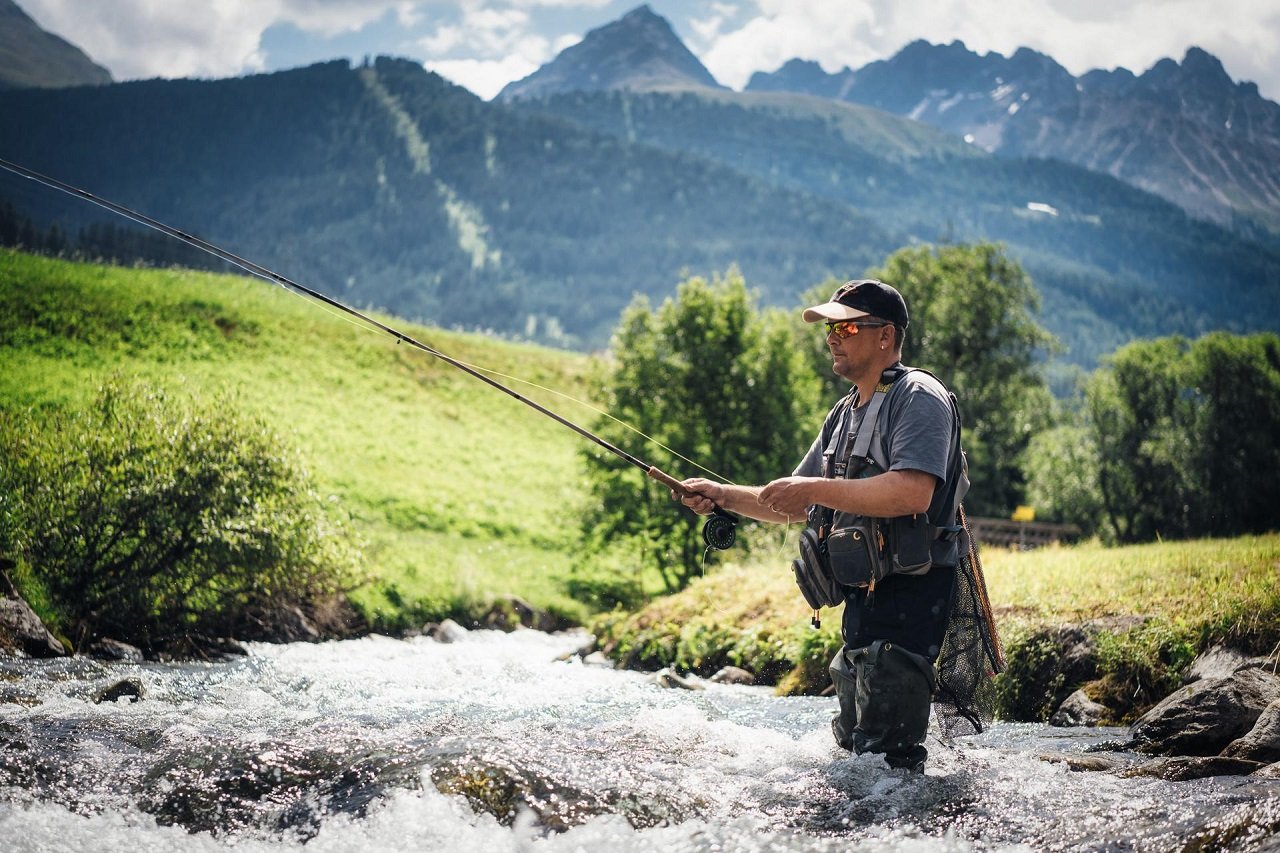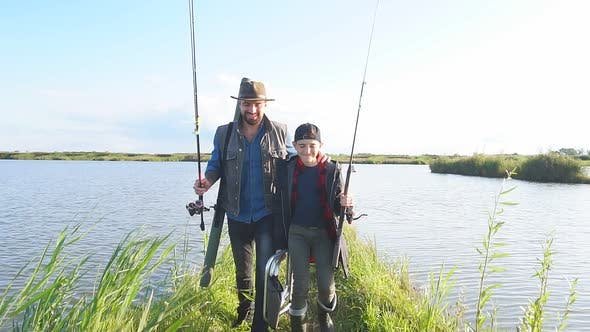
Have you been wanting to try fishing, but didn’t know where to start? If you’re interested in becoming an angler, here’s some information to help you get started:
License requirements:
Check to see if licenses are required at your chosen destination. Some provinces, such as Ontario, designate periodic license-free days, but these time periods are usually limited to a few days a year.
Additionally, some provinces have additional stipulations such as requiring the purchase of an Outdoors Card, obtaining a Wildlife Identification Number, licenses for freshwater or tidal environments, or licenses for specific breeds of fish.
Fishing technique:

Find out which style is best for the type of fish you hope to catch. For example, many experienced anglers prefer to use fly fishing for trout and salmon. Live lining is often used for pike and halibut. Fishing for bass is often done by trolling from a slow moving boat. Once you’ve determined which style to use, practice it often so you can feel confident on the water.
Choose your rod:
A reliable rod can be the most important part of your tackle. Selecting a rod can be easier if you know some of the terms used to describe them. A rod’s “action” refers to how supple it is, or how it bends when in use.
A rod with extra fast action only bends at the tip, while one that is slow action bends the entire length of the rod,down to the handle. Another aspect to consider is the rod’s “power”. This refers to its strength or lifting power. The heavier lures and line you use, the more you’ll need a fishing pole with increased power. The type of rod you select will depend on the type of fishing you’ll be doing.
Using live bait:
Fish will hit on a variety of targets, including worms, minnows, or crickets. Keep your bait bucket out of direct sunlight so the water doesn’t get too warm. Add small bits of ice occasionally to keep them cool, but use it sparingly with the ice so as to not shock them with a drastic temperature drop. Make sure to refresh the water in the bucket from time to time by adding small amounts of water from the lake or river.
Selecting fishing tackle:
Bobbers will signal when a fish bites on your bait. Make sure to use plenty of sinkers so you can make sure your bait won’t float on the surface. Swivels are designed to keep your line from twisting up
A spool or two of extra fishing line will come in handy should your line get caught on a rock, or become tangled on a log. Extra hooks in a variety of sizes are considered an essential part of any fishing gear. Artificial lures and plastic worms are sometimes used as a “back-up plan” should the fish not nibble at your live bait.
Once you’ve reeled in your fish, a net will help you lift him out of the water. Needle nosed pliers will make it easier to remove the hook. If you want to get into fishing but still have questions, contact a company like Berry’s Bait & Tackle Ltd. to learn more.
